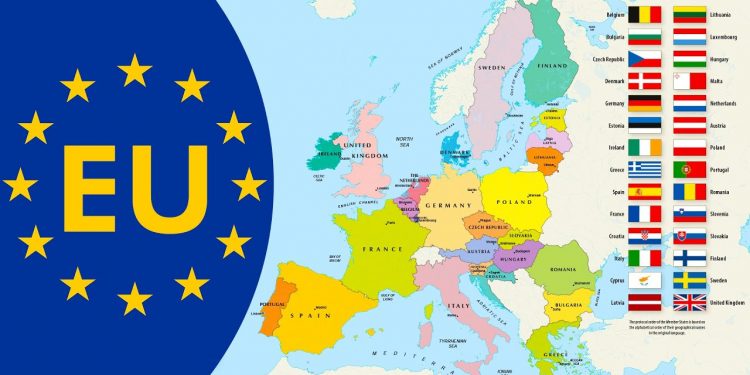Bloc’s borders have now been opened to travellers who have been fully vaccinated against the coronavirus, in an agreement by EU member states on Wednesday.
Meeting in Brussels, diplomats also agreed to increase the level of new cases a country can hit before being declared unsafe — a measure that would open up travel into the EU from more places.
The recommendations will be adopted by EU ministers on Friday, they said. An EU Commission spokesman confirmed that the envoys had endorsed the update to travel rules.
Since March 2020, non-essential travel into the 27-member European Union has been banned, apart from a small number of countries deemed safe because of their low Covid case rate.
But businesses on the continent are reopening as virus restrictions are phased out and bars, hotels and restaurants are worried about the summer tourist trade.
Diplomats said that, under the new rules, travellers who could demonstrate that they had received the required number of doses of an EU-approved vaccine could enter the bloc.
In addition, the number of cases per 100,000 people that a country could register over two weeks and still be considered for the green list will rise from 25 to 75.
This would still exclude non-vaccinated travellers from much of the world but could allow travel from, for example, Britain, which is well-advanced in its vaccination campaign.
The current green list only has seven countries: Australia, Israel, New Zealand, Rwanda, Singapore, South Korea, Thailand, plus China if Beijing agrees to reciprocate.
Member states also agreed to set up a coordinated emergency mechanism to rapidly suspend arrivals from a non-EU country stricken by the sudden appearance of a new variant.




































